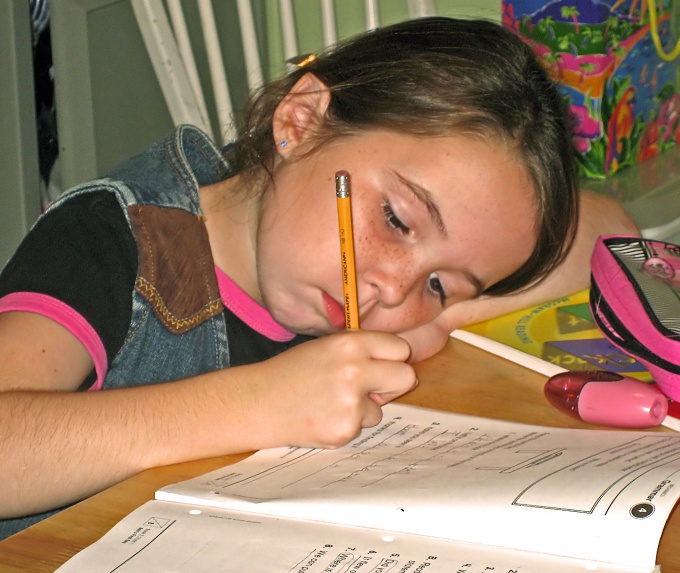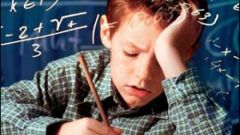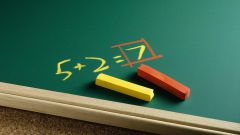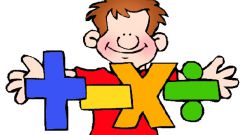Instruction
1
Teach the child to establish the logical connection between objects and phenomena. For example, why one standing next to multi-storey buildings above and the other below? For an adult it is obvious that its height depends on the number of floors. This relationship, maybe with your help, needs to set and child. Why wolf got to grandma's house faster than Red Hat? Establish communication between path length and time (in this case, the concept of "speed" can not be considered). Why to move some items have the strength of a man, and for others you have to call a crane? Encourage your child to answer the questions "how?" "why?" "why?" "where?" and the like, develop the ability to establish logical connections.
2
Broadens the mind of the child. Read various fiction and children's non-fiction will help to do it. Getting answers to "why?" the little man learns. In the future, when solving mathematical problems, he is using his horizons, and realizing how there are those or other processes, it is easy to find the solution.
Broaden their horizons and increase their knowledge about the world tour, playing in various clubs and sections.
Broaden their horizons and increase their knowledge about the world tour, playing in various clubs and sections.
3
Work on speed of reading the child of the printed text. It is impossible to solve the problem, reading it syllable by syllable and by the end of the reading forgetting about what was discussed in the beginning! After reading task, ask the child a few questions on its content. Check to see if he understood what it was.
4
Achieve durable learning child relationships between units of measurement quantities. Know that 1 meter contains 100 centimeters, and 1 quintal 100 kilos, a must!
5
Form a child's ability to solve simple tasks in a single action. Examples can be found in textbooks of mathematics.
6
Solving the compound task (in several steps), break it into simple tasksthat the child already knows how to solve it.
7
Automate your mental calculation skills. Addition and subtraction within 100 (all cases) and mild cases of calculations in the range of 1000 and times tables a child needs to know well.
8
For some tasks (driving, e.g.) must know formula. Check out their knowledge with the child.
9
Lead the work on formation of skills to solve tasks regularly and not from time to time. The results will be visible only when the daily hard work.
Useful advice
Use in the classroom are numerous literature on the development of children's logical thinking, attention, memory.




